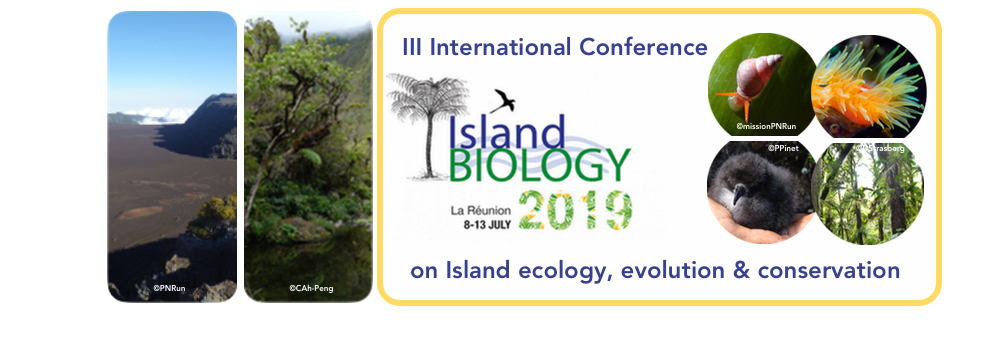The dominant models in island biogeography implicitly treat all species as ecologically equivalent, especially when addressing effects of area, environmental heterogeneity and/or other factors on species richness. Some authors have attempted to treat generalist and specialist species separately or to use such a distinction in explanations of phenomena like the Small Island Effect (SIE). Nevertheless, previous approaches have kept the respective characterization binary, classifying species in one or the other category. Species, though, occupy a different position within the generalist-specialist continuum and this diversity of ecological roles might have important consequences for patterns at the community and meta-community levels. In the present work, we explore the effects of area and environmental heterogeneity on a modified metric of species richness that incorporates the varying ecological specialization of different species. We used a data set with terrestrial isopods from Aegean islands (Greece), for which a detailed description of each species' habitat exploitation range was available. We replaced the mere presence of each species in the presence/absence matrix with the number of habitat types it exploits in the study system and, for each island, we estimated an index of ‘ecorichness', as the sum of these values for all its species, standardized with its total number of species (to control for variation in species richness among islands). Then, we explored the relation of this index with area, habitat diversity and the ‘Choros' model. We tested significance of results using a null model approach, by drawing ‘ecorichness values' from a randomized species pool with either the same distribution of ecorichness values with that of the observed matrix or a different distribution, such as normal or negative binomial. Our findings reveal radically different responses of small and large islands, documenting the increased role of ecological specialization with area. Given that habitat diversity of the studied system does not show ‘saturation' with area, our results can be explained only by the increasing contribution of specialists that is in agreement with previous hypotheses on the processes leading to the SIE and with the role of habitat diversity in the shaping of insular communities.

|
|
|
|
The role of ecological specialization in patterns of insular communities
1 : University of Cyprus, Dept. of Biological Sciences
(UCY)
Panepistimiou Ave. 1, 2109 Aglantzia, Nicosia -
Cyprus
2 : University of Athens, Faculty of Biology
(UOA)
* : Corresponding author
Panepistimioupolis 15703, Athens -
Greece
|
| Online user: 31 | RSS Feed |

|
 PDF version
PDF version